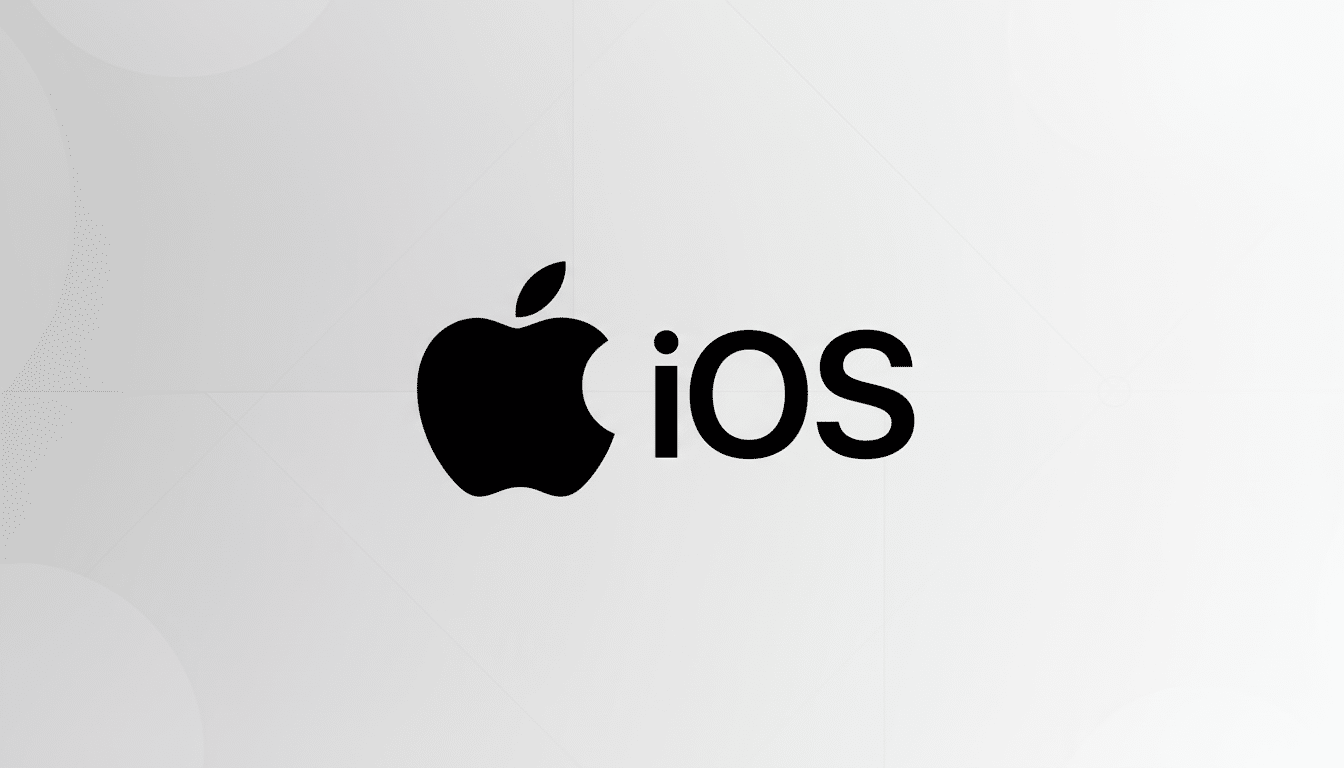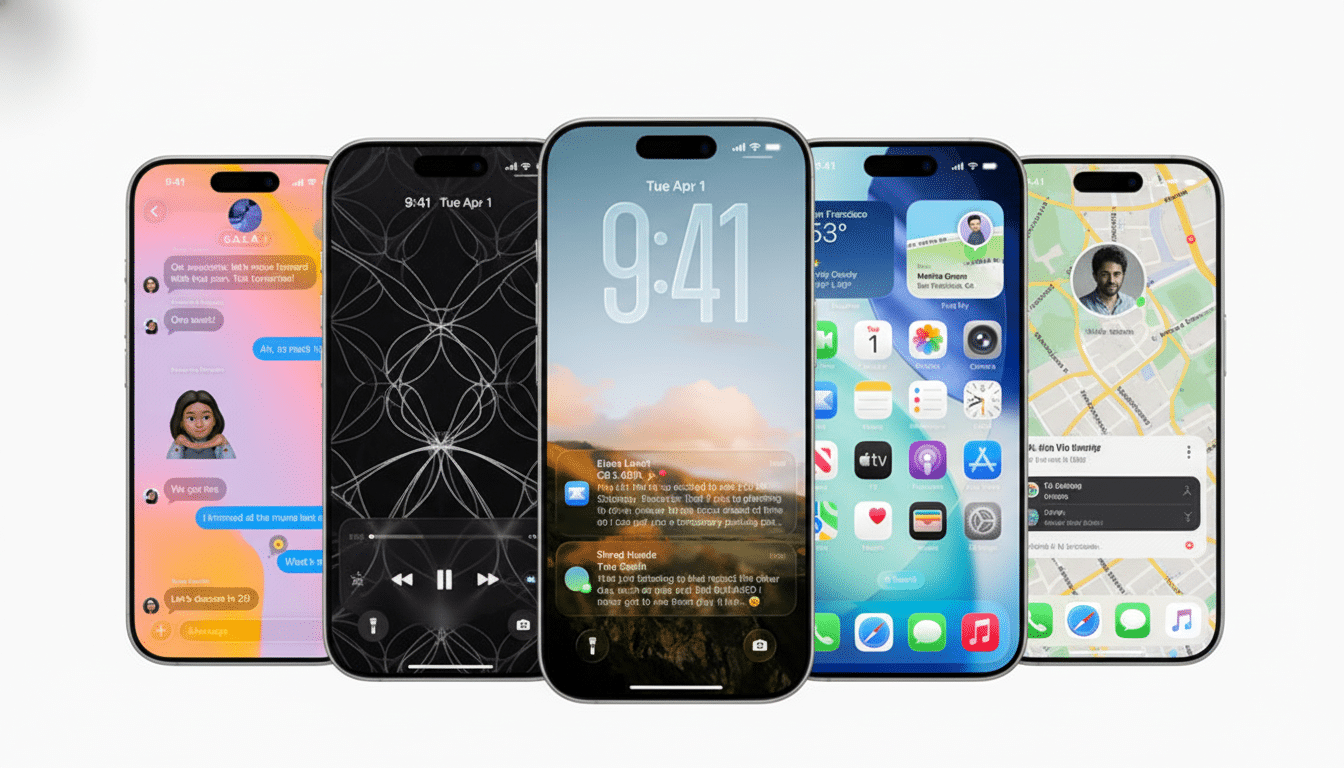Apple has updated its App Review Guidelines to specifically limit how iOS and iPadOS apps can share user data with third-party AI services, requiring transparency and consent before any transfer of information takes place. The approach formalizes Apple’s privacy stance for the AI era and suggests a stiffer position with developers who are piping user data into external models and APIs.
The change comes as Apple prepares for deeper, system‑level new AI features and wants more users to participate in tests that would help it reassure users that their data will not quietly be used to fuel external systems.
- What Changed in the Recommendations for App AI Data Sharing
- Why Apple Is Taking a Stronger Stand on AI Data Sharing
- Who This Affects Among App Developers and Users
- What to Do Now to Comply With Apple’s Updated Rules
- Competitive and ecosystem impact of Apple’s AI data rules
- The bottom line on Apple’s third‑party AI data policies

According to Bloomberg, Apple intends to rely on partner models like Google’s Gemini for some capabilities as it hones in on on‑device processing where available.
What Changed in the Recommendations for App AI Data Sharing
The change to the policy elaborates on a long‑standing rule that apps should not collect, transmit, or share personal data without seeking explicit consent. Apple now puts AI’s proper name on the front: If an app sends user data to a non‑Apple AI service, it has to explain to users in clear terms what is sent or shared, who gets it, and why — and seek permission explicitly before any sharing happens.
Importantly, Apple does not restrict this to big language models only. Any third‑party AI or machine learning system is in scope — such as vision, speech‑to‑text, recommendation engines, and others — if they are consuming personal data. That reading is consistent with advice from privacy regulators under regimes like the EU’s GDPR and the California Consumer Privacy Act, in which purpose limitation and informed consent rules are fundamental.
Why Apple Is Taking a Stronger Stand on AI Data Sharing
Trust is Apple’s competitive currency. In naming third‑party AI, Apple is prohibiting a fast‑exploding practice: apps that secretly shuttle photos, messages, transcripts, clipboard contents, or usage patterns to outside AI vendors for features or personalization or model training. That poses a tangible risk to developers if the disclosures are murky or consent is bundled.
Regulatory pressure is also intensifying. Model training and cross‑border transfers are controversial topics for European data authorities, and the U.S. F.T.C. has cautioned firms about unknown flows of data to AI providers. Apple publicly reports its own enforcement stance: In a recent annual snapshot of fraud prevention, the company reported that it rejected about 1.7 million app submissions and blocked over $2 billion in potentially fraudulent transactions — showing a willingness to act at scale when policies are violated.

Who This Affects Among App Developers and Users
Any developer building with outside AI is subject to the update. Consider examples such as:
- A note‑taking app that transcribes meetings and summarizes them using the cloud
- An uploaded photo editor for AI‑powered retouching
- A keyboard predicting text by sending snippets to an inference API
- A health app analyzing symptoms with an external classifier
And if there’s personal data at stake — faces, voices, contacts, identifiers, or device‑associated usage data — the app now requires plain‑English disclosure and explicit opt‑in.
What to Do Now to Comply With Apple’s Updated Rules
- First, inventory every AI touchpoint. Map all outbound data flows — what’s leaving the device, why it is doing so, and who is receiving it from which vendors. When models make inferences, treat them like any other third‑party data processing.
- Second, rewrite disclosures. Before any transfer takes place, users should have an upfront, concise, in‑context explanation of the data types at play, the role of AI providers in processing such data, whether and where it is stored, for how long, and if it’s used for improving models. Don’t bury the lede in a privacy policy.
- Third, require granular consent. Gate AI extras that send personal info through an additional opt‑in, not as one master switch during onboarding. Provide an easy way to revoke permission, and offer an offline or on‑device alternative where possible.
- Fourth, minimize and secure. Push only the minimum amount of data, anonymize with ID hints, and opt for ephemeral processing. If your vendor has regional processing or data‑processing agreements consistent with GDPR Standard Contractual Clauses, include that in your review notes and privacy materials.
- Lastly, maintain the consistency of App Store metadata. The App Privacy “Nutrition Labels” should detail the actual AI data flows. Conflicting disclosures are a typical reason for denial.
Competitive and ecosystem impact of Apple’s AI data rules
By designating third‑party AI data sharing a consent‑only pathway, Apple encourages developers to round themselves off towards on‑device processing and its own privacy‑preserving frameworks. That could advantage features that are run locally or through Apple‑managed compute, while making it more expensive in terms of compliance to work with third‑party vendors — whether OpenAI, Anthropic, or cloud AI services still to come.
The shift also clarifies responsibility. Developers can’t delegate consent to their AI partner’s terms; the onus is on the app. The App Review team will want to see specific details in submission notes — what the model processes, how the prompts are used, whether soft opt‑out training is the default, and how users can control the flow.
The bottom line on Apple’s third‑party AI data policies
Apple is saying to app developers: if your features are dependent on third‑party AI, you better be transparent about it and get permission. For users, the promise is simple: fewer surprises about where their data goes and more say when AI gets involved. For the ecosystem, it acts as a benchmark that is almost certainly going to be the norm as AI and privacy intersect.

